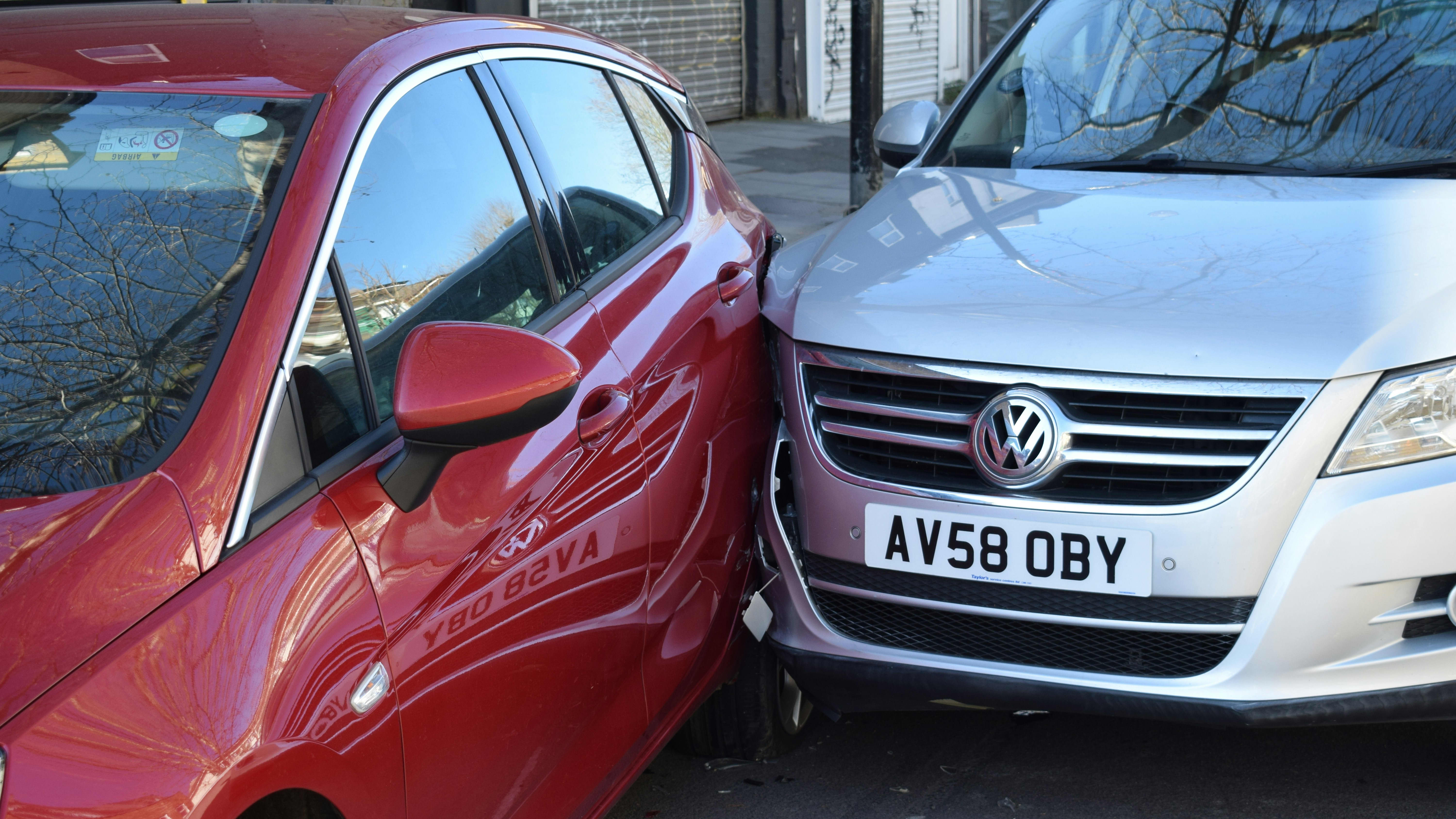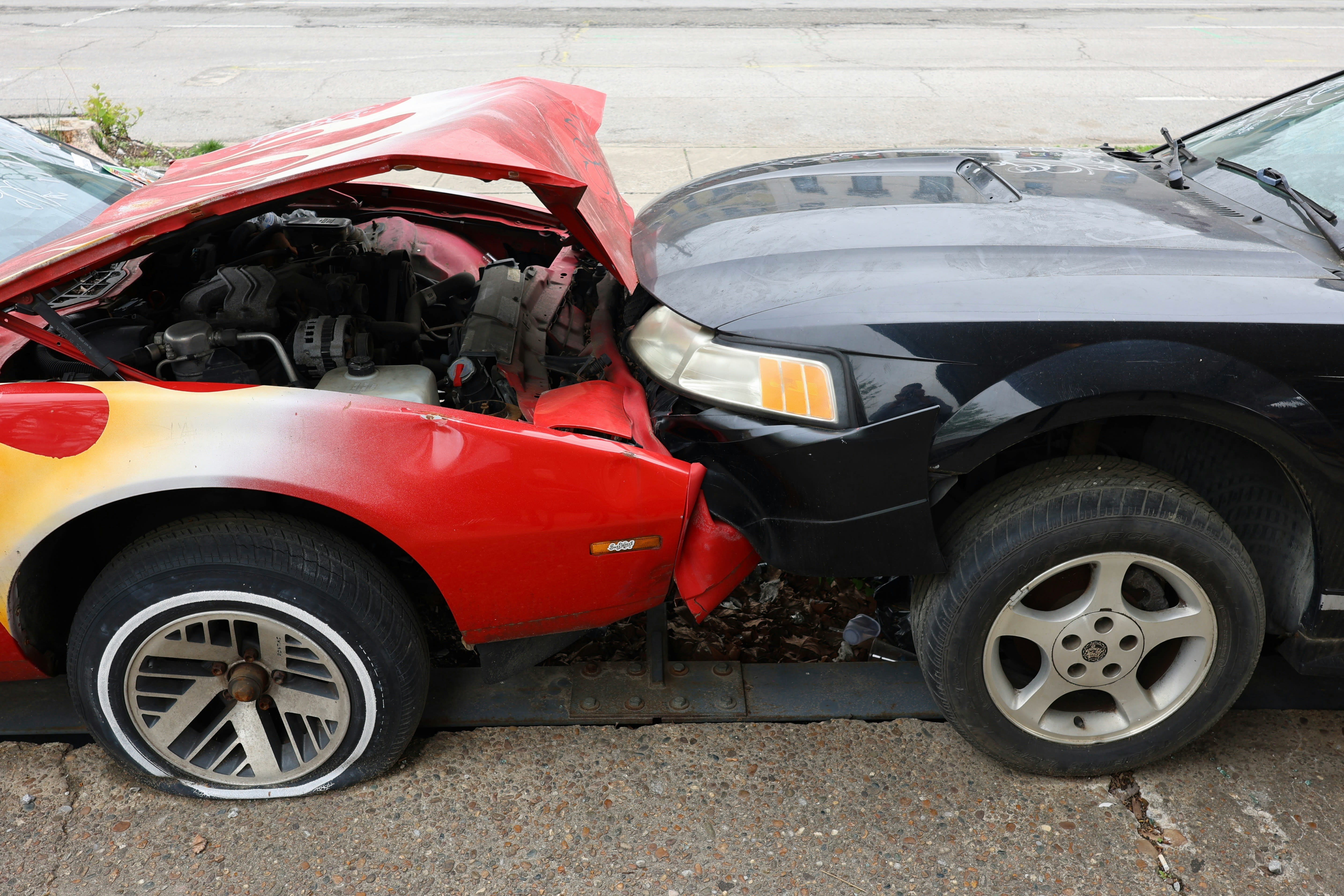WHAT TO DO AFTER A CAR ACCIDENT THAT IS YOUR FAULT

A Guide on Negotiating the Aftermath of an Accident You Caused
Even the most diligent drivers have accidents. Should you find yourself in the regrettable position of causing an accident, your behavior in the hours and days that follow will have a major influence on your emotional, financial, and legal recovery. This is a comprehensive guide on negotiating the aftermath of an accident you caused.
By The Editors
Sat, May 31, 2025 02:00 AM PST
Featured image above: Even the most diligent drivers have accidents (image courtesy of Usman Malik and Unsplash.com).
Notify Your Insurance Company of Your Loss
You'll likely hear from the other driver's insurance adjuster within a day or two of your accident, before you've hired a lawyer. They may ask for a recorded or written statement, and regardless of whether you plan to get an attorney, it’s imperative you don’t provide this statement.

Comments made to the other driver's insurance company can harm your case, particularly when police have already filed a report. Inform the adjuster you're hiring an attorney and direct all questions to them. Your lawyer will handle appropriate inquiries. However, report the accident to your insurance provider right away.
Exchange Information Properly
Gather contact and insurance details from everyone involved, including names, phone numbers, insurance companies, policy numbers, and vehicle information. Photograph all vehicles from various angles to show damage, plus capture the entire accident scene.
Record critical environmental factors such as weather, traffic lights, and road signage. Politely collect contact information from any witnesses, as their observations about the accident could be helpful later.
Seek Legal Advice
Following a significant collision, prioritize speaking with a lawyer, regardless of whether you think you caused the accident. Numerous legal practices provide free car accident consultations for vehicle crashes, allowing you to share your situation without cost. This preliminary discussion can offer essential insights about your legal rights and obligations.

A knowledgeable lawyer can explain how shared fault principles might affect your case. Even if you bear significant responsibility, the other driver could have partial fault, potentially decreasing your financial burden. Professional legal representation can also guide you through tricky insurance processes and ensure you don't accept an inadequate settlement offer.
Demand a Police Report
When accidents occur, it's often the other driver's, especially without witnesses. Failing to get police involved might undermine your compensation claim. It even results in you being wrongfully blamed. If you're not at fault, always demand police presence. This forces all drivers to document their accounts immediately, before stories can change.
If the responsible driver resists calling police, they are required to provide a written statement at the scene admitting fault, including details of how the crash happened, along with their signature, the date, time, and location of the incident.
Address Mental and Physical Health Needs
Your mental health could be badly compromised after an accident you caused. Common reactions are guilt, fear, and trauma-like sensations. Acknowledge these feelings and think about seeing a therapist for direction and support strategies.

Your physical health needs attention as well. Specific injuries, especially to soft tissues, might not show symptoms right away. Visit a doctor for a complete checkup, even if you currently feel well. Adhere to all medical advice and maintain thorough documentation of your healthcare visits, prescribed treatments, and related costs.
Endnote
While it is distressing to cause an accident, everyone involved can heal more easily if the aftermath is handled with honesty and compassion. You can negotiate this difficult position and finally go forward with confidence by assuming responsibility suitably, looking for appropriate direction, and attending to both pragmatic concerns and personal wellbeing.






